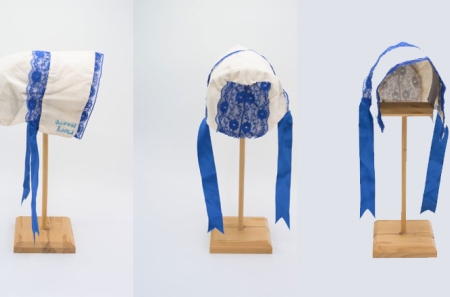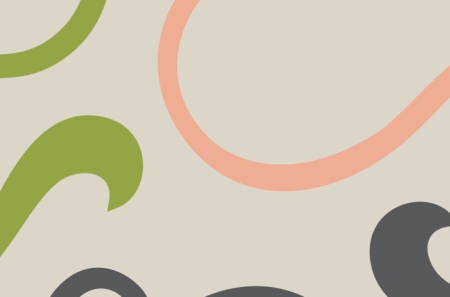
DRI Receives the LIBER Award for Library Innovation
11 July 2023The Digital Repository of Ireland (DRI) has won a LIBER Award for Library Innovation!
The Innovation Award, sponsored by OCLC, recognises the three abstracts submitted to the LIBER Annual Conference which best describe innovative work within the overall theme of the event; ‘Open and Trusted: Reassessing Research Library Values’. The awardees were announced at the closing ceremony of the 52nd LIBER Annual Conference in Budapest, Hungary.
DRI Research Data Project Manager Beth Knazook presented the DRI's case study on aligning cultural heritage image sharing practices with the FAIR principles for research data in the WorldFAIR Project in the talk 'Sharing Cultural Heritage Images as Data: Supporting Open Science through Interoperability.' Learn more about the DRI's participation in the WorldFAIR Project here. Learn more about the DRI's participation in the WorldFAIR project on the project page.
Abstract
Cultural heritage data are both inputs and outputs to the research process: they are the raw materials needed for a range of research activities in the arts, humanities and social sciences, and they are also often the outputs of those disciplinary fields, informing the interpretation and reuse of artefacts, objects, or records held by the institutions that shape and preserve cultural memory. Very few of these institutions consider their digital assets to be 'data', however, necessarily limiting the interoperability and potential value of these materials across a wide variety of scientific domains.
As one of 11 case studies in the WorldFAIR Project, a major global collaboration led by CODATA and involving partners from thirteen countries across Africa, Australasia, Europe, and North and South America, the Cultural Heritage case study seeks to explore how image-sharing practices in memory institutions can be aligned more closely with the FAIR Principles for research data. This alignment aims to support wider reuse and harmonisation of cultural heritage images with digital resources produced by other domains, recognising that interest in cultural heritage images may not be limited to researchers working from a cultural heritage perspective.
This talk will explore the ‘FAIRness’ of current methodologies and practices in the cultural heritage sector that have been used to transform a wide variety of materials into digital assets, followed by an overview of the recommendations to be tested at the Digital Repository of Ireland to support the interoperability of cultural heritage data with resources in the larger digital research ecosystem. The outcomes of the DRI's case study will contribute to the development of a cross-domain interoperability framework (CDIF) and recommendations for FAIR assessment produced by the WorldFAIR Project.



